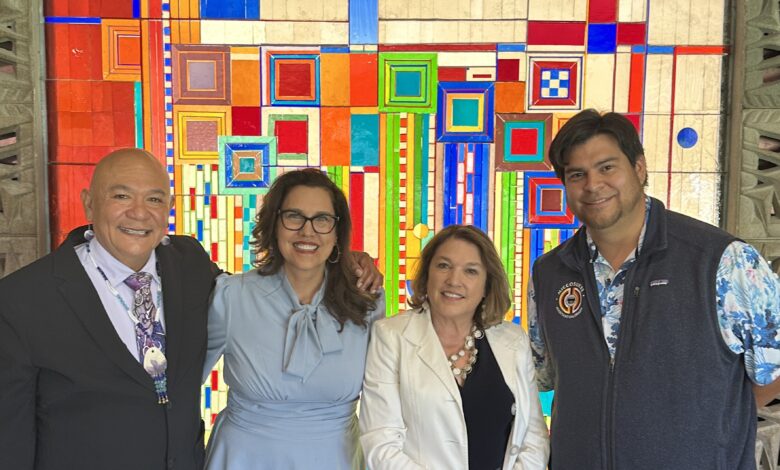
BITAC Casino Resorts 2025 Panel: Power of the Pivot: Navigating Change with Confidence
By Jim Nelson | September 24, 2025
BITAC, the executive event-producing sister company of Hotel Interactive, recently held its annual Casino Resorts event with hoteliers from across the nation. Among the panel discussions was one that dived into the notion of knowing the power of the pivot.
Moderator Kari McCormick is the executive director of Native American advancements and tribal engagement at the Arizona State University; with nearly 25 years of experience working with tribes, McCormick has worked with over 100 tribal nations focusing on everything from casinos to healthcare facilities, with much of her career spent in construction.
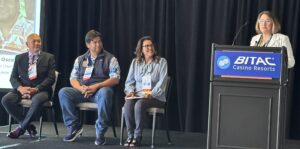
Her panelists were Paula Allen, the CEO of Lead with Allen, The Allen Academy; Lucas Osceola, the assistant chairman and a council member of the Miccosukee Tribe; and Edward Box III, a Southern Ute tribal member and assistant GM at Sky Ute Casino Resort.
KARI McCORMICK: I think that all of us innately have a superpower when it comes to pivoting, and I’m going to share in a minute what my superpower is. [First, I’ll] tell you a little bit about the journey that I’ve taken this last year: I decided to get out of the construction industry for a little while, and what can be more safe than the educational institution, right? Higher education — those people have jobs for years and years and years. They actually brought me on because there were three tribal initiative projects with the university; one was an Indigenous Learning Center, one was a small healthcare clinic, and one was Unity Plaza, where we recognize the 22 tribes in the State of Arizona. Construction. I got this! Within two weeks of my job starting in August of last year, we got a new president of the university who decided to put on hold all research on land-use feasibility studies and these projects. And then we have this new president of the United States who has decided that Diversity, Equity, and Inclusion is no more, so my pivot was now not just worrying about these construction projects, but how to identify that tribes — Native Americans — are not part of DEI and why our programs have to exist as an obligation of a land grant institution and of the government. I thought I was going into a nice safe space, and now I’ve got protests, and I’ve got research assistants running out of funding. So, it has been a major pivot for me, but I feel like my superpower has been able to jump into the water to see how deep it is, and people will follow. So, Paula, what is your pivot superpower?
PAULA ALLEN: My pivot superpower, if I had to give just one thing, would be positive energy. I grew up in a negative space, and really had to look outside for positive resources, but it created this mindset of when things get bad, just think of what could go right and get into a positive mindset.
LUCAS OSCEOLA: My superpower with pivoting comes from my creative ability to inspire people to do things. Like I said, I’m tribal leader; I’m elected to position every four years. I’m up for reelection this November. I was in office in August of 2020, during COVID. Traditionally, we would have campaign dinners where we’re all together, and during COVID they said, “How are we all going to campaign? How are we going to get our message out to the people?” I told my staff, “We’re going to do drive-through campaigns. We’re going to prepare 400 meals for the community members, and we’re going to pass it out to them one by one; they can come drive through to get their information.” And once I did that, all my competitors followed suit.
EDWARD BOX III: As a child, I always wanted to be Superman, with all his superpowers, but with today’s technology can I [use] my phone and change into a Superman? No, I can’t, so I have to reevaluate that. Mine is determination.
KM: Nobody, usually, is comfortable with change so knowing what your strengths are, and that pivot power, can help you define your leadership and who you are. If you’re not comfortable with the change or the pivot, then you need to find what those strengths are within you. We all experienced COVID, and I feel like the tribes — because so many of them were rural and they had the least access — were hit the most out of all the casinos nationwide. So, you really had to learn to pivot. What are some of the changes that have happened since COVID that created a change for your operations?
EB: Our tribe actually takes the time before we implement any type of movement, and now we’re slowly getting to the process of what we learned back then, the main concept of safety for our team members and our guests. We’ve kept that concept in moving forward, because that’s one thing that you can market to your guests: Come to our tribal casino, because we want you to have a safe and fun time at our property.
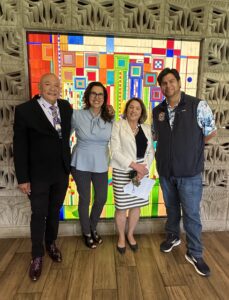
LO: We did the same thing as far as making sure we provided safety measures for not only the guests, but the staff as well, making sure that we had access to all of our food vendors. And with shortages all over the place, we made sure that our team members [could] buy supplies from us. And that was just one of the pure benefits that they got from us during COVID. We were a fully smoking facility; if you read some of our reviews from six, seven years ago, you would say you’re walking into the ashtray of Miami when you step into my building. And we were able to take smoking out of the building. In Florida, you can’t smoke inside a building, period, unless it’s owned by a federally recognized Indian tribe; we set our own guidelines and rules. So, we took out smoking because there’s no competitive edge of having it smoking vs. nonsmoking. We flipped the script. Now we have a fully nonsmoking venue that people love to go to. So, that was one good strength that came out of it. We only had the opportunity to tweak it because of this necessary pivoting point.
PA: I think one thing that really helped us is that we were able to get as small as possible. We had to completely do away with valet and a few other things, and being able to take a look at what is excess, and what can we trim up so that we run more efficiently … I think we came away with better systems than we had before.
KM: How do you ensure that the customer experience isn’t negatively affected by these lean changes?
PA: We actually got tremendous feedback from our guests, and I think the reason we were so successful at 7 Cedars is we leaned into a ton of communication. Whether it was communication from our tribal chairman to what we were in charge of, to our communication to the team members, to communication to the guests, there was this sense of safety and knowledge that they felt we had because we were so forthcoming with everything that we were trying to do. It really deepened our trust with the community through COVID, we felt.
KM: People, employees, staff, are not always comfortable with changes. How do you lead with confidence when the pathway that we’re in right now is not as clear — certainly it wasn’t clear back when COVID hit, but now we’re in a new norm. So how do you live with that?
LO: My leadership team over the past few years has excelled in a lot of the change that we’ve had within it, giving them the guidance and reassurance coming from leadership on a tribal level.
KM: Lucas you were sharing a story before, how you had somewhat of an art installation that really had no meaning, no ties, culturally, to the community. I don’t even know if anybody knows when that went up on the wall, but the minute you removed it, people were very resistant.
LO: The tribe is really known for our fashion. We make patchwork clothing, so we put it up against the wall. But sometime around 2005, 2008 when Seminole [Tribe of Florida] acquired Hard Rock and they started putting all their memorabilia up, we thought we had to put memorabilia up. And I’m like, “We’re not them, let’s go our way. We are Miccosukee. We’re separate.” We’ve taken that stance, and now we have over 100 feet of culture wall in our facility. We took down all the movie memorabilia that just wasn’t Miccosukee and made it to where we have the flair of our local community, which is highly Latin.
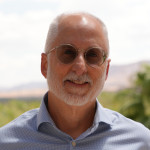
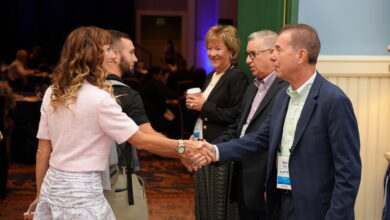


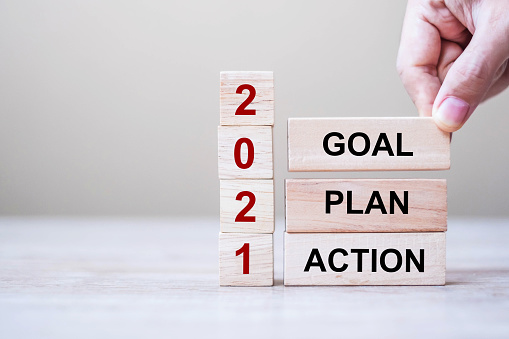
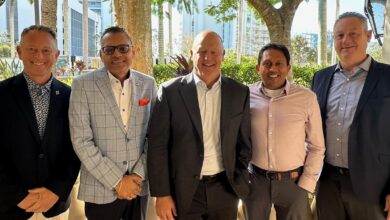
Get involved!
Comments